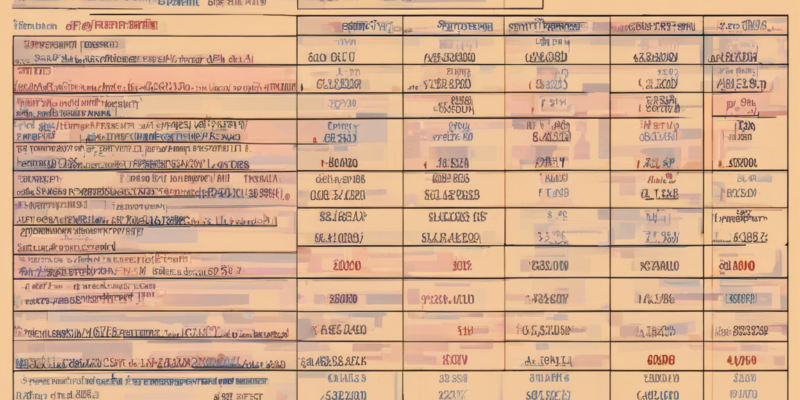As organizations strive to keep pace with the changing times, periodic revisions in salary structures become essential to ensure employee satisfaction, motivation, and retention. The implementation of pay commissions plays a significant role in defining the salary structures for government employees in many countries. The 8th Pay Commission, which defines the pay scales and salary structure for government employees, is a crucial entity that influences the livelihoods of millions of individuals.
Evolution of Pay Commissions:
Pay commissions are constituted by the government to review and recommend changes in the salary structure of government employees. In India, for instance, the first pay commission was established in 1946, with subsequent commissions being set up at regular intervals. Each pay commission calculates pay structures based on various factors such as inflation, economic growth, and financial resources of the government.
Understanding the 8th Pay Commission:
The 8th Pay Commission is one of the most recent entities responsible for revising and recommending changes to the salary structure of government employees. The commission analyzes various factors such as cost of living, inflation rates, and economic growth to propose new pay scales that are in line with the current financial scenario.
Key Elements of the 8th Pay Commission Salary Structure:
-
Basic Pay: The fundamental component of an employee’s salary structure, which is subject to periodic revisions as per the recommendations of the pay commission.
-
Dearness Allowance: A component that is revised regularly to offset the impact of inflation on employees’ purchasing power.
-
House Rent Allowance (HRA): Provided to employees to meet their rental accommodation expenses, with rates varying based on the employee’s location.
-
Transport Allowance: Given to employees to cover their commuting costs to and from the workplace.
-
Other Allowances: Additional allowances such as medical allowance, children’s education allowance, and special duty allowance, among others.
Impact of the 8th Pay Commission on Government Employees:
The recommendations of the 8th Pay Commission have a direct impact on the financial well-being of government employees. By revising pay scales and allowances, the commission aims to ensure that employees receive fair compensation for their services. This, in turn, boosts morale, productivity, and overall job satisfaction among government workers.
Advantages of Accessing 8th Pay Commission Salary Structure in PDF Format:
-
Portability: PDF format allows users to access the salary structure on various devices without altering the document’s layout.
-
Security: PDF files can be encrypted to prevent unauthorized access, ensuring the confidentiality of salary-related information.
-
Printability: Users can easily print the salary structure for reference or documentation purposes.
-
Searchability: PDF documents can be searched for specific keywords or phrases, making it easier to locate relevant information within the salary structure.
Frequently Asked Questions (FAQs) about 8th Pay Commission Salary Structure:
1. What is the purpose of the 8th Pay Commission?
The primary role of the 8th Pay Commission is to review and recommend changes to the salary structure of government employees to ensure fair compensation.
2. How often are pay commissions set up to review salary structures?
Pay commissions are typically constituted at regular intervals, with the frequency varying based on the country’s economic conditions.
3. Can private sector employees also benefit from pay commission recommendations?
Pay commission recommendations are primarily applicable to government employees, but they may influence salary revisions in the private sector as well.
4. How can employees provide feedback on pay commission recommendations?
Employees can often provide feedback through official channels, such as surveys, feedback forms, or consultations with employee unions.
5. Are pay commission recommendations binding for the government to implement?
Pay commission recommendations are usually considered by the government, but the extent of implementation may vary based on budgetary constraints and other factors.
In conclusion, the 8th Pay Commission plays a crucial role in determining the salary structure of government employees, impacting millions of lives. By providing a comprehensive overview of pay scales and allowances, the commission strives to ensure fair compensation for the valuable services rendered by government workers. Accessing the 8th Pay Commission salary structure in PDF format offers convenience, security, and ease of reference for employees seeking to understand their remuneration package effectively.


